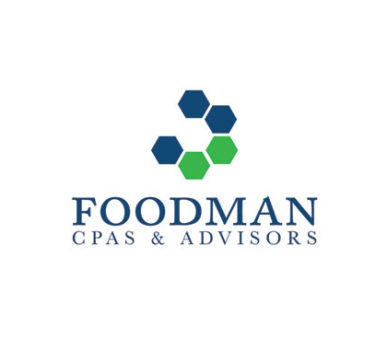On February 04, 2020, the NEW YORK CITY BAR ASSOCIATION COMPLIANCE COMMITTEE issued a REPORT ON CHIEF COMPLIANCE OFFICER LIABILITY IN THE FINANCIAL SECTOR. The Report discusses the governmental view that Compliance Officers are the “gatekeepers” that prevent, detect, and remediate violations of laws, regulations, and internal policies and rules. As a result, a number of Compliance Officers have been subjected to regulatory investigations and personal liability. These risks are compounded when Compliance Officers are working under management pressure in under-resourced financial institutions.
Compliance Officers are:
• Facing Increasing Risk of Individual Liability: There has been an increase in enforcement actions brought against Compliance Officers focused on holding those individuals liable for compliance failures.
• Subject to Increased Regulatory Requirements: State and Federal Regulators are imposing additional attestation and certification requirements on Compliance Officers.
• Facing Structural Obstacles: There are structural barriers to key information reaching Compliance Officers; resulting in their inability to discover and prevent misconduct.
• Making Decisions in Real Time with Limited Guidance: There is a reality that Compliance Officers are operating under heightened individual enforcement, increased regulatory responsibilities, limited resources, and insufficient guidance.
Compliance Officers need guidance from Regulators
Compliance Officers must understand how to enhance compliance and reduce their risk of personal liability. Guidance from financial regulators regarding the circumstances under which “enforcement actions” occur would empower Compliance Officers internally and improve compliance results; possibly shortening regulatory examinations, their frequency, and save resources.
The Department of Justice (DOJ) provides guidance
What is expressed in the DOJ’s Evaluation of Corporate Compliance Programs is meant to assist Compliance Officers with tailoring compliance programs to meet DOJ standards for having an effective compliance program in place; thereby, reducing a possibility of enforcement actions against a Compliance Officer.
The DOJ Justice manual states that there are three “fundamental questions“ a prosecutor should ask:
- “Is the corporation’s compliance program well designed? “
- “Is the program being applied earnestly and in good faith? “
- “Does the corporation’s compliance program work“ in practice?
Compliance officers are meant to police the boundary between permissible and impermissible conduct
US Sentencing guidelines advise that for purposes of calculating an appropriate organizational criminal fine, consideration will be given to a corporation that had in place at the time of the misconduct an effective compliance program.
Consult your compliance advisor.





